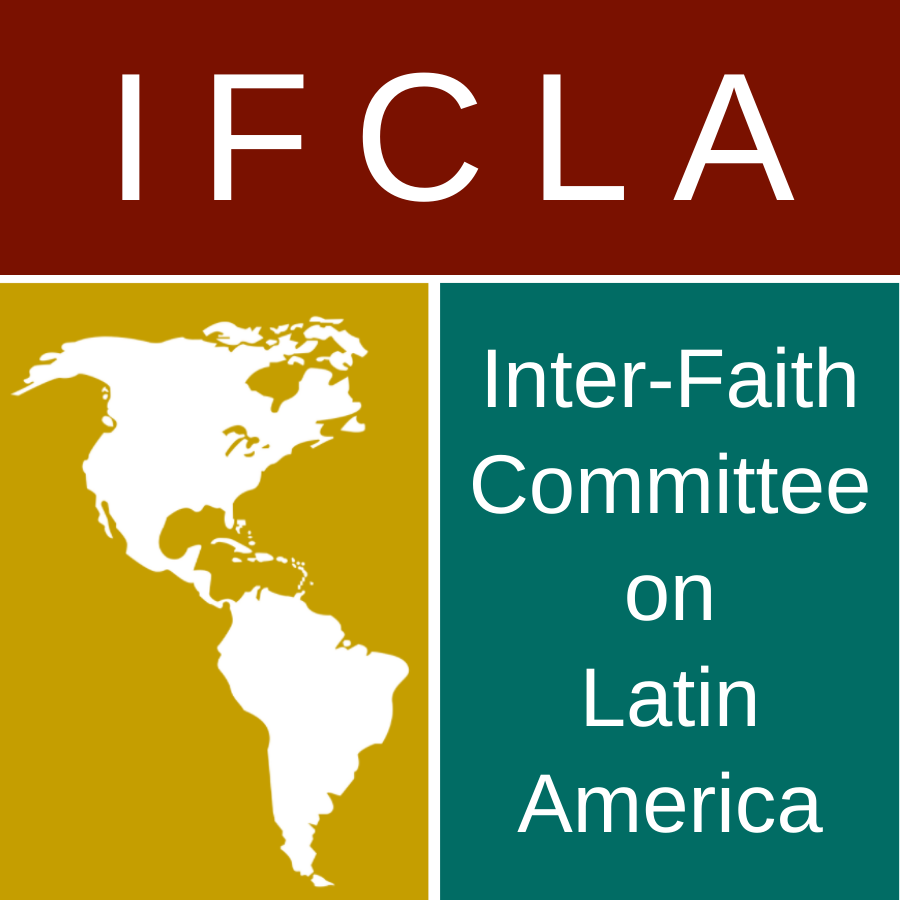USCIS Backlog // Casos Atrasados
By/ Por: Noelle Treacy
Español abajo
U.S. Citizenship and Immigration Services (USCIS), the agency that administers immigration benefits, has been experiencing a substantial increase in delays in processing applications and other paperwork from individuals who have immigrated to the United States and are in some form of immigration proceedings. In fact, current USCIS data shows that delays in the processing of applications for individuals granted asylum or refugee status to bring their immediate family members to the country has increased from 8 months to about 2 and a half years in the past five years alone. This not only delays family reunification, but endangers millions of people who are currently being persecuted in their home countries. Some have even lost jobs, like doctors and technology workers, because USCIS did not adjudicate their work permit renewal in time. These delays are not new but have been exacerbated in recent years. During the Trump administration, the agency shifted its focus from granting benefits to enforcement. Despite a change in administration, these delays have only gotten worse.
As an initial step to address this backlog, Congressman Tony Cárdenas has introduced the Case Backlog and Transparency Act. This act would require USCIS to inform Congress about processing times, number of current cases, and to look into possible solutions to cut down on delays. Furthermore, this act brings accountability to USCIS. Accountability is an important step in a staircase of issues needing to be addressed in the nation’s immigration system. Congress must also provide further direct funding for backlog reduction, which usually is shouldered by applicants through increased fees. In addition to these small steps, more humane, legal immigration pathways are vital to ensure the dignity, respect, and equality of each person and family currently trying to migrate. We need further action to address the structural issues in our immigration system, which has largely remained unchanged for thirty years.
This bill cannot find success on its own. Read it. Share it with friends and family members. Contact officials and voice your thoughts on the Case Backlog and Transparency Act. You can find your representative’s contact information here and your senators’ contact information here. Be a part of the change. As the end of the year approaches, many of us take time to slow down and enjoy time with loved ones. However, not all of us in the community have this privilege. Due to backlogs and long delays in USCIS paperwork, many families are still unable to bring immediate family members to the country and live safely while continuing their immigration process. They also deserve a happy, healthy, restful, and safe holiday. Use your voice to help other families come together this holiday season.
Los Servicios de Inmigración y Ciudadanía de los Estados Unidos (USCIS), la agencia que administra los beneficios de inmigración, ha estado experimentando un incremento sustancial en retrasos en procesar solicitudes y otros documentos de personas quienes han emigrado a los EEUU y están en algún tipo de trámite migratorio. Datos actuales de USCIS muestran que retrasos en la tramitación de las solicitudes para personas a quienes se les concedieron asilo o estado de refugiado para traer a sus familiares inmediatos a los EEUU han aumentado de 8 meses a aproximadamente 2 años y medio en los últimos cinco años. Esto no solo retrasa la reunificación familiar, sino que también se quedan millones de personas que actualmente están siendo perseguidos en sus países de origen. Algunos, por ejemplo doctores y trabajadores de tecnología, incluso han perdido sus trabajos porque USCIS no adjudicó a tiempo la renovación de sus permisos de trabajo. Estos retrasos no son nuevos pero han empeorado en los últimos años. Durante la administración de Trump, la agencia cambió su enfoque de otorgar beneficios al control migratorio. A pesar de un cambio en administración, estos retrasos solamente se han empeorado.
Como paso inicial para abordar esto atraso, el congresista Tony Cárdenas ha introducido la Ley de Casos Atrasados y Transparencia. Esta ley requerirá que USCIS informe al Congreso sobre los tiempos de procesamiento y números de casos actuales, e investigar posibles soluciones para mejorar los retrasos. Responsabilidad es un paso importante en un eslabón de problemas que deben abordarse en el sistema de inmigración de la nación. El Congreso también debe ayudar a proporcionar más fondos directos para la reducción de los atrasos, que generalmente se asumen los solicitantes a través de tarifas más altas. Además de estos pequeños pasos, vías de inmigración más humanas y legales son vitales para asegurar la dignidad, respeto, e igualdad de cada persona y familia tratando de emigrar actualmente. Necesitamos nuevas medidas para abordar problemas estructurales en nuestro sistema de inmigración que, en gran medida, se ha mantenido sin cambios durante treinta años.
Esta ley necesita nuestro apoyo y ayuda para su éxito. Léela. Compártela con amigues y familia. Habla con tus funcionaries y expresa tus pensamientos sobre la Ley de Casos Atrasados y Transparencia. Puedes encontrar la información para contactar a tus representantes aquí y a tus senadores aquí. Ayuda a ser parte del cambio. A medida que se acerca el fin de año, muches de nosotres tomamos el tiempo para reducir la velocidad y disfrutar el tiempo con nuestres seres queridos. Sin embargo, no todes nosotres en la comunidad tenemos ese privilegio. Debido a retrasos y largas demoras en el papeleo de USCIS, muchas familias todavía no pueden traer a miembres de la familia inmediata, vivir con seguridad, y continuar eficientemente su proceso migratorio. Elles también merecen unas vacaciones felices, saludables, tranquilas y seguras. Usa tu voz para ayudar a otras familias a unirse en esta temporada de fiestas.

